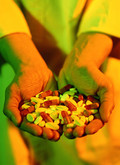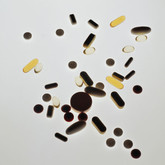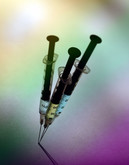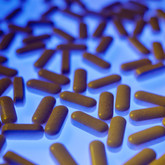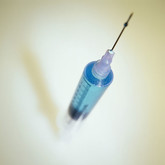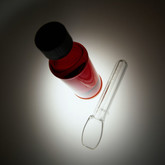Generics/News
Mylan tries to block Ranbaxy’s Lipitor exclusivity
Cholesterol fighter Lipitor (atorvastatin calcium) has been the worlds ‘best-selling drug’ for the last 10 years, and has been a major source of income for the world’s biggest drug company, Pfizer. Lipitor was released in 1998, and by 2006 it had reached peak sales of US$12.9 billion, accounting for 27% of the company’s revenue. In 2010, with US$10.8 billion in sales, Lipitor still accounted for 15.8% of total revenue, even with the addition of Wyeth’s operations.
Teva continues its fight to prevent generic glatiramer acetate
Teva Pharmaceutical Industries (Teva) has not given up the fight to keep generics competition away from its blockbuster drug, Copaxone (glatiramer acetate). The company announced on 29 August 2011 that a US federal court had rejected interpretation claims from its challengers in patent infringement lawsuits over its proprietary multiple sclerosis treatment, setting a trial date of 7 September 2011.
Ranbaxy may sell its generic atorvastatin exclusivity
According to Credit Suisse analysts, Ranbaxy Laboratories (Ranbaxy) may sell its rights to make a generic version of Pfizer’s cholesterol blockbuster Lipitor (atorvastatin), should it look unlikely to gain FDA approval in time for the planned November 2011 launch.
Generics manufacturers do not have to change drug safety labels in the US
A landmark ruling from the US Supreme Court has decided that generic drug manufacturers do not have to change their drug’s safety label, even if stronger safety warnings are found to be required [1- 2]. This is the opposite of a ruling in 2009 that decided that patients could sue the manufacturer of a brand-name drug if its safety label is found to be inadequate, e.g. when new drug-related risks are discovered after the drug has made it to market [3, 4].
Domestic Indian market spawns generic agreements
India’s population is growing rapidly—as is its economy—creating a large middle class with the resources to afford western medicines. This fact has seen a spate of western companies stepping forward to make agreements with Indian generics manufacturers in order to get a foothold in this developing market.
GPs in the UK to be banned from prescribing branded statins
General Practitioners (GPs) in Cambridgeshire, UK, have been told by the national health service (NHS) that they are considering proposals to ban prescribing of branded statins in favour of cheaper generic alternatives according to a report in Pulse.
UK Government sues Servier for generic blocking
The UK’s Health Secretary, Mr Andrew Lansley, has issued a GBP 220 million (Euros 246 million; US$360 million) lawsuit against French drug company Servier for allegedly ‘abusing’ its dominant position and delaying rivals from launching generic versions of its angiotensin-converting enzyme inhibitor, perindopril (Coversyl).
US drug shortages – FDA may hinder, but APP may help
Drug shortages are at a record high, and some blame the policies of the FDA for causing some of these. However, good news is on the horizon as US drugmaker APP Pharmaceuticals has decided to boost its manufacturing capacity for injectable generic drugs. This could help to fight against the growing list of drug shortages reported by the FDA.
Generics will not have to change their labelling
The US Supreme Court has decided that generics makers cannot be sued under state law for not changing their labels to warn of possible side effects. That is a big victory for Actavis, Mylan and Teva, which had faced appeals against court rulings that would have allowed them to be sued under state law.
Ranbaxy launches generic olanzapine in Spain
Eli Lilly may be facing pressure as generics makers queue up to produce copies of its blockbuster antipsychotic drug Zyprexa (olanzapine). On 25 April 2011,the first day after Eli Lilly’s patent exclusivity expired in Spain, Ranbaxy Laboratories announced that it had launched its generic version of the treatment.
